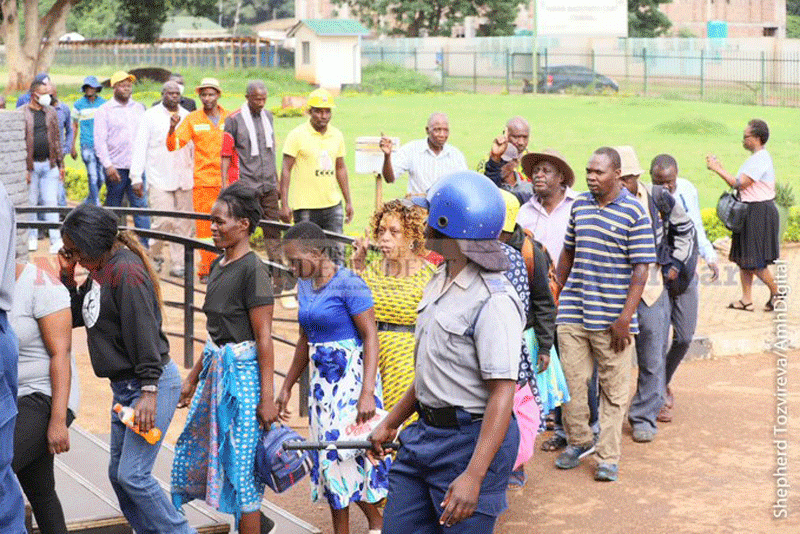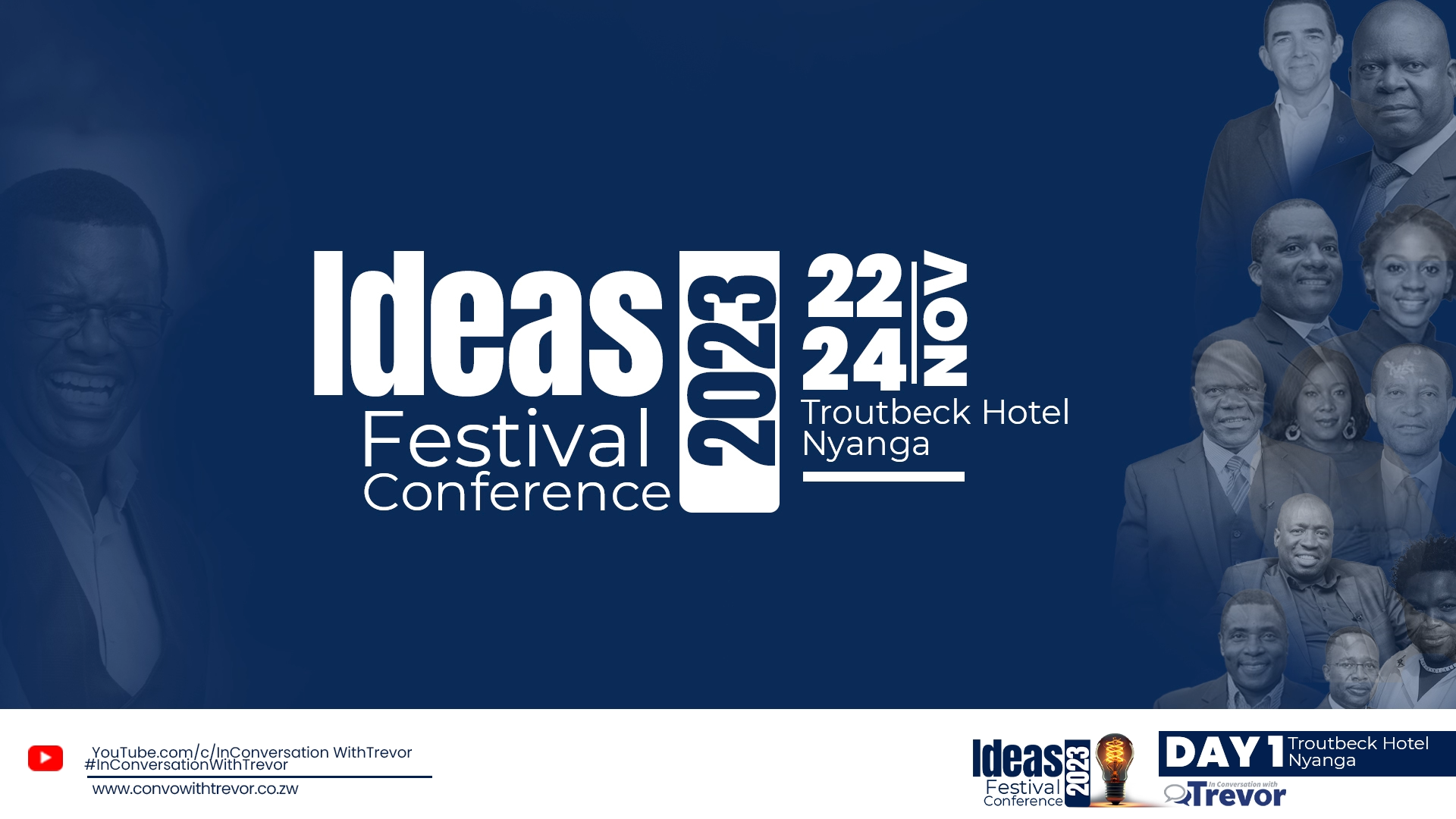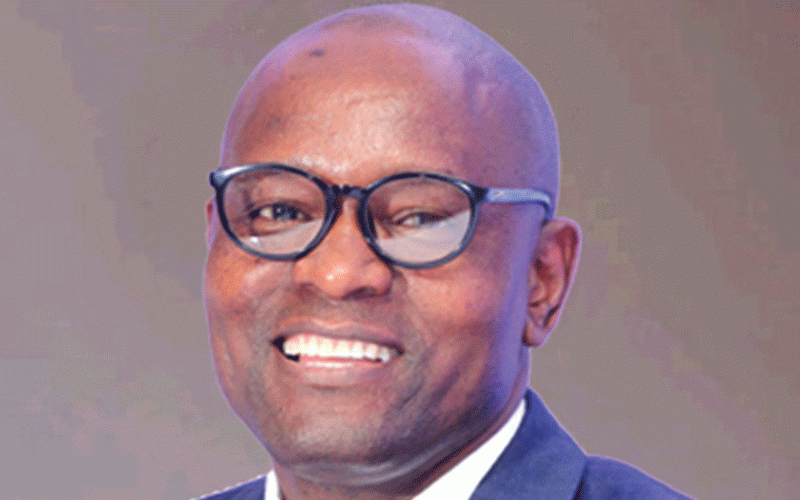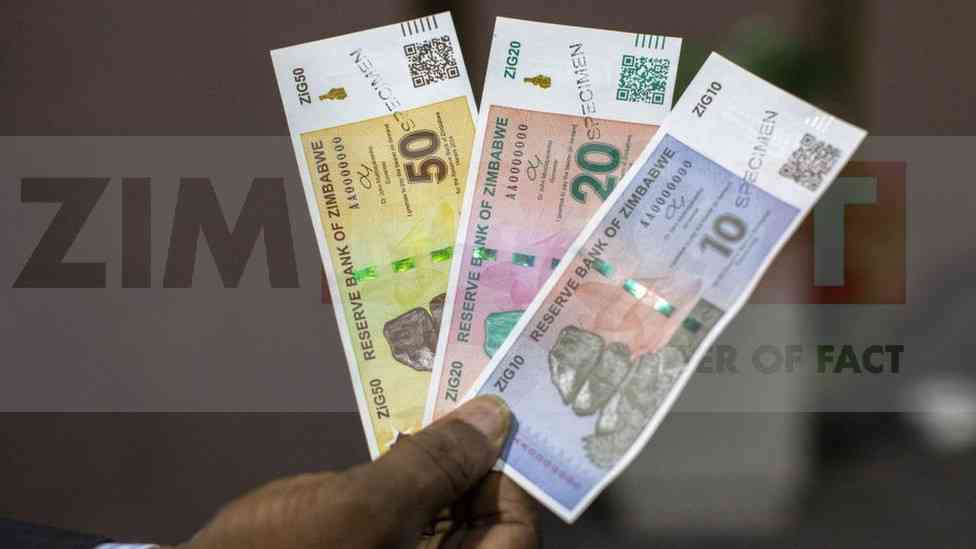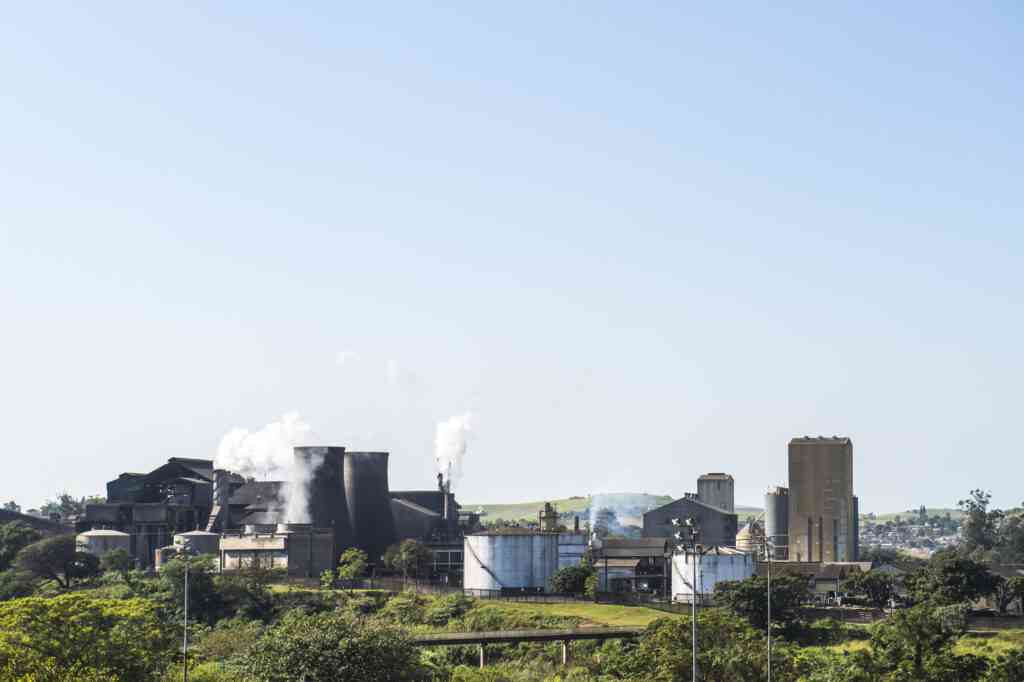The phrase “political economy” has entered the dictionary of the World Bank and other development organisations around the world.
Academic interest in the political economy components of development has also increased, particularly in economics and political science departments at premier business schools.
With a chain of insights that drive the growing interest in political economy in present Zimbabwe, it should bother our leaders to address the main cause of our problems.
First, there is the fact that reforms often fail even when solutions that would improve public welfare are available.
The political crisis is crippling the Zimbabwe economy and it is apparent that the ruling party is both inefficient and unfair to the vast majority of poorer citizens.
- Triangle retrenches as economy bites
- Caledonia in US$42 million capex drive for 2025
- Mukuru launches mobile wallet in Zim to bolster financial inclusion
- Economy heads for a bloodbath: Biti
- NBS completes Glaudina housing project ahead of schedule
The political economy has an impact on many economic and social domains, including financial market trading decisions and the behavioural biases of investors, managers, and other economic agents.
Given the current political climate in Zimbabwe, enacting solid economic policies may be challenging until the political issue is resolved.
Even though it's not election season, opposition political parties have witnessed an increase in repression and discriminatory treatment by state agents.
Mass arrests and police raids on the residences of opposition party members raise major fears about violence and intimidation, which have shifted the attention away from Zimbabwe’s economic problems.
Opposition Citizen Coalition for Change (CCC) official Jameson Timba and 77 fellow party activists, who were recently arrested in Harare for gathering "with intent to promote violence" appeared in court with visible scars of torture.
Timba and 77 party members have been languishing in remand prison since their arrest on June 16 were further remanded in custody to July 10 after they were denied bail by magistrate Ruth Moyo.
The magistrate said CCC activists were not suitable candidates for bail and were a public security threat.
The continued torture of opposition politicians and supporters started during the time of the late former president Robert Mugabe.
President Emmerson Mnangagwa has failed to create a favourable environment for opposition political parties. There is an urgent need to resolve the country’s political crisis.
Assault, smash and grab, and house invasions are all prevalent types of violent crime in this country.
Armed robberies committed by serving army and police personnel are a cause of concern.
Local law enforcement agencies do not have the resources to respond effectively to significant criminal situations.
Political insecurity and the threat of violence continue to pose a threat to Zimbabwe’s economy. Mnangagwa, who succeeded Mugabe has no clear strategy to address the mounting economic problems.
Given the current political situation, Mnangagwa’s push for a third term, in violation of the constitution as this is likely to cause political mayhem in the country. Mnangagwa (81) is serving his second term until 2028.
The 81-year-old President is serving his second and last term after succeeding long time ruler Mugabe following a military coup in 2017.
Zimbabwe’s economy remains fragile and vulnerable to political upheavals.
When Mnangagwa assumed office, he promised to take decisive action to lessen the possibility of political chaos and civil unrest in Zimbabwe while also laying the groundwork for a change to better governance and economic prosperity.
Mnangagwa, however, is now seen as being worse than Mugabe when it comes to marshalling the economy.
At the same time, the government’s suppression of fundamental freedoms continues.
Previous crises have resulted in waves of economic refugees escaping the country and burdening Zimbabwe’s neighbours in the process.
Restored instability in Zimbabwe would pose a unique challenge for South Africa, which is already struggling to meet its own pressing economic and social needs.
Zimbabwe’s risk factors for political instability are increasing.
Although Mnangagwa continues to tighten his grip on power within both the government and the ruling Zanu PF, questions remain about how long the tight discipline will last.
A political change is required when there is an economic crisis. Zimbabwe may be growing more distant from the West, but it is still affected by the global economy.
The future of Zimbabwe appears to be paved with bad economic news.
Zimbabwe’s problems, which have been exacerbated by two decades of authoritarian rule and poor economic management, may be difficult to address.
Any successor to Mnangagwa will face a bitter political legacy as well as difficult economic conditions.
*Evans Mathanda is a multimedia journalist and development practitioner who writes in his capacity. For feedback email: evanngoe@gmail.com

